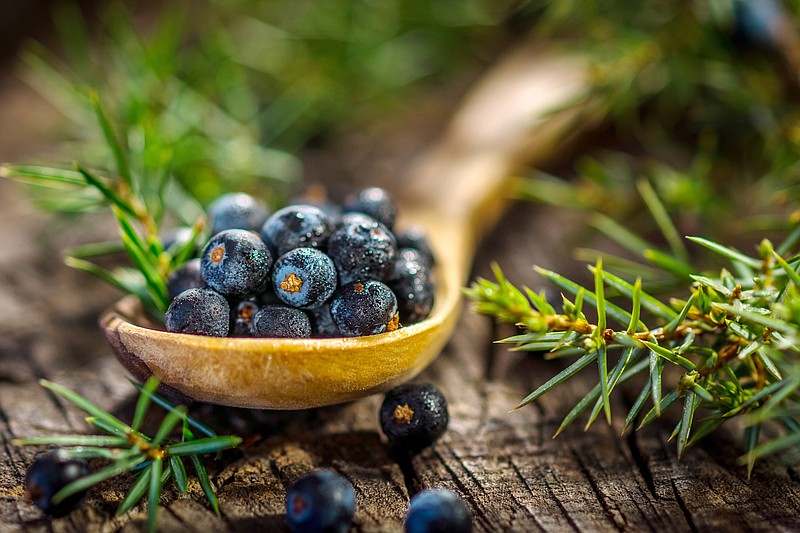Spring is around the corner, which means the beginning of berry season.
Berries can be a great source of potassium and vitamins C and K, and can also promote a healthy gut. While berries are among the healthiest foods to eat, if not stored properly, they can get mushy and grow mold. But a little bit of mold doesn't necessarily mean the whole batch goes to waste.
In this Mayo Clinic Minute, Dr. Nipunie Rajapakse, a pediatric infectious diseases expert, answers the question, "Does one bad berry spoil the whole bunch?"
"Molds are very common in our environment. And they tend to thrive in areas where there's a lot of moisture and organic material," Rajapakse said.
Berries especially can develop a white coating on them that kind of looks like cotton or fuzz. A few moldy berries don't mean you have to throw out the whole batch. Rajapakse said to throw out the ones that look visibly moldy as well as any that might have been in direct contact.
"If more than about a quarter of the berries are moldy, you're probably best off getting rid of all of those berries. But if the rest are looking healthy, they're not bruised, they're not soft and there's no visible mold on them, they're probably OK to eat after you've washed them well," she said.
If you don't notice the mold until you've already started eating, Rajapakse said there's no need to panic.
"It's unlikely to make you sick if you consume a small amount of mold. If you eat a large amount, there is the chance that you could get some digestive-type symptoms: stomach ache, nausea, vomiting, but that's pretty uncommon. You'd have to eat quite a bit of the mold to feel ill."
To keep your berries fresher and mold-free longer, rinse them with vinegar and water, and store them on a dry paper towel in an open container in your fridge.

